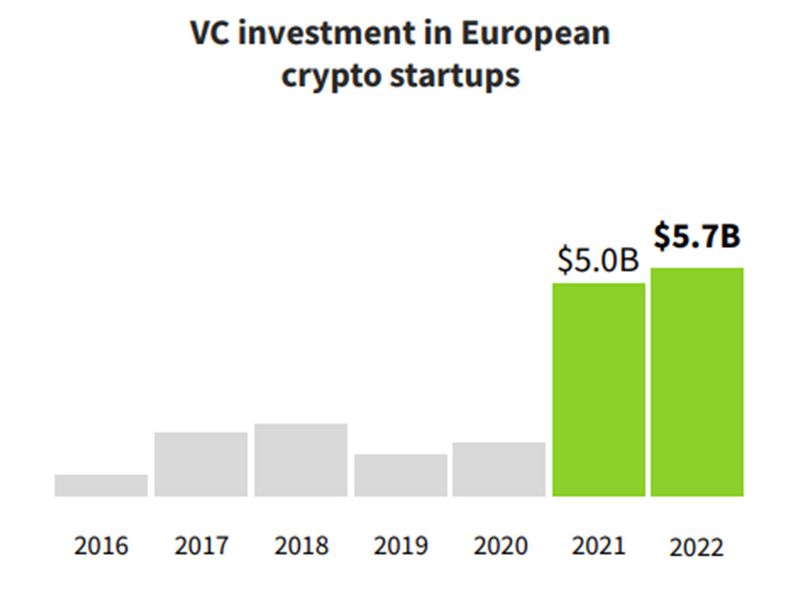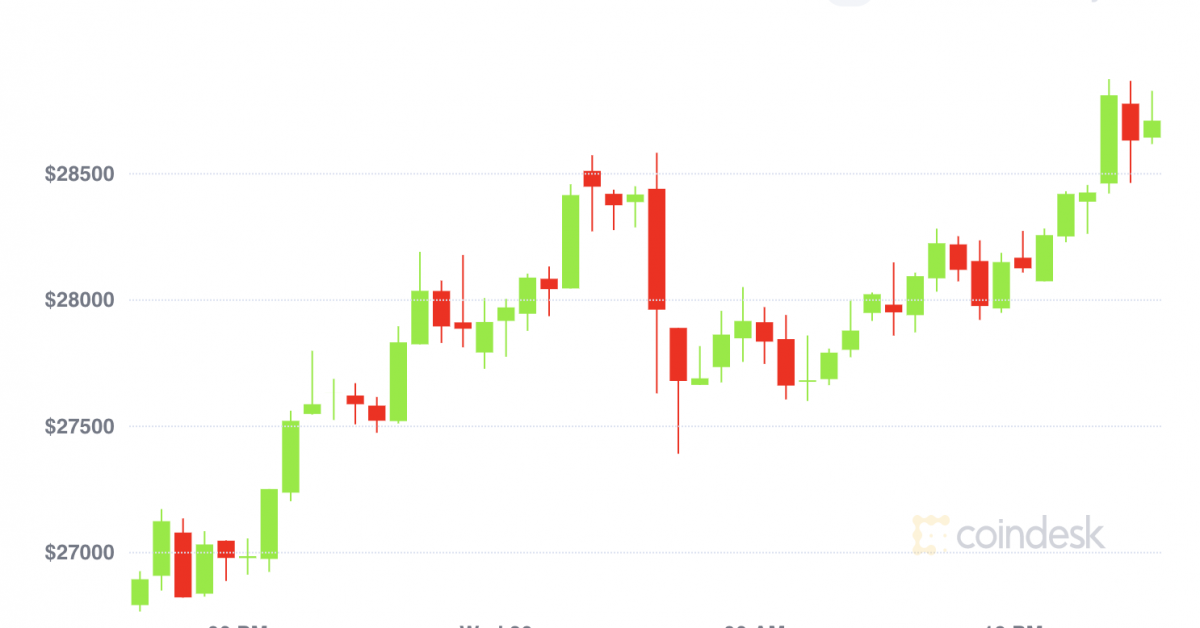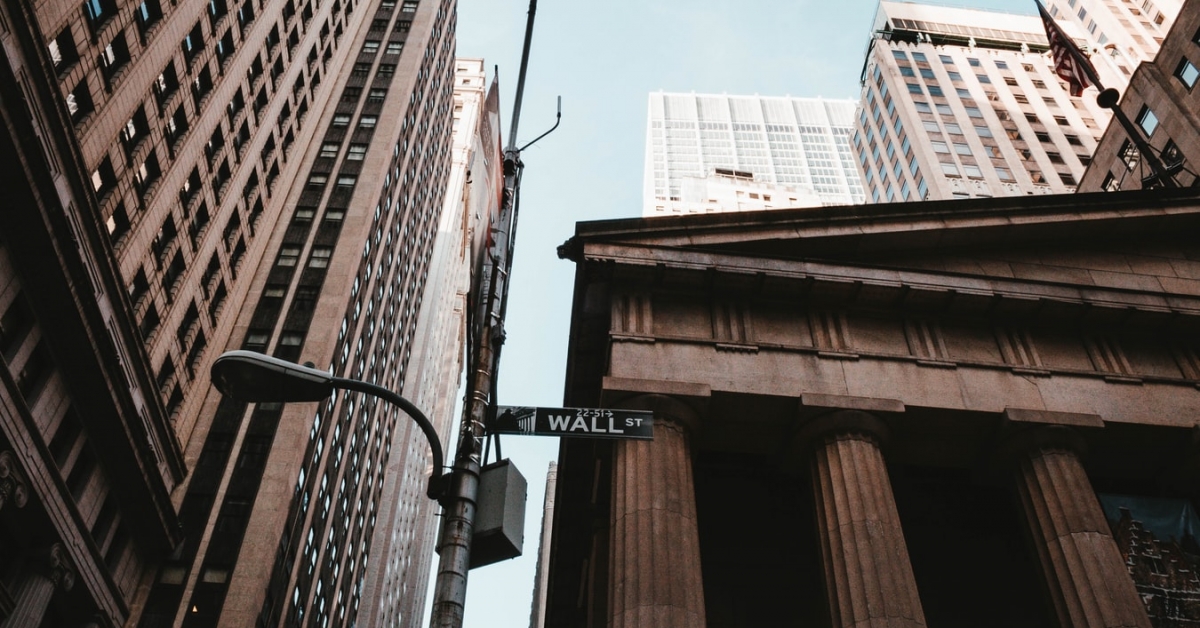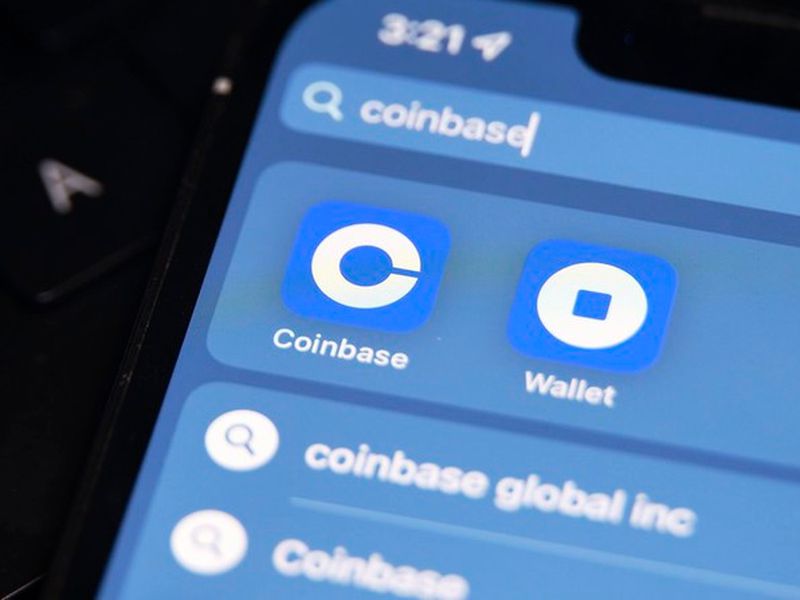New York Attorney General Calls Bitfinex’s Legal Stance ‘Deeply Perverse’ in New Filing
New York Supreme Court. Credit: Shutterstock
New York Attorney General Calls Bitfinex’s Legal Stance ‘Deeply Perverse’ in New Filing
The New York Attorney General’s office has laid out in greater detail its case for investigating Bitfinex and Tether.
A New York Supreme Court Appellate Division filing published Thursday and dated Dec. 4 fleshes out the NYAG’s argument, claiming that the two sister firms had gradually been depleting the reserves backing Tether’s eponymous stablecoin, also known as USDT.
In a sharply worded brief, the office said that the two firms (which share executives and shareholders) “had, step by step, dissipated the cash backing tethers: first by going from actual cash in hand to $625 million in an inaccessible Crypto Capital account; and then by replacing even that questionable source of backing with nothing more than a $625 million IOU from Bitfinex.”
That debt, said the NYAG, “seemed unlikely to be repaid,” as Bitfinex required the funds for withdrawals on its exchange.
As reported, in the spring of 2019, Tether changed a statement on its website indicating that USDT was backed 100 percent by U.S. dollars. It later acknowledged in court that tether was backed only by “cash and cash equivalents … representing approximately 74 percent of the current outstanding tethers.”
The firm claimed again in November, that, at that point, all USDT tokens were “fully backed by reserves,” not specifying the assets acting as collateral.
The new NYAG filing further suggested that Bitfinex’s exchange token LEO, issued in the early summer, could be a security under U.S. law.
“While the motion to dismiss was pending, respondents conducted yet another large financial transaction, issuing nearly one billion ‘LEOs,’ a new virtual asset resembling a debt security,” the NYAG said.
The Supreme Court has previously found that the exchange “knowingly permitted New York-based traders to use Bitfinex” until at least 2018, despite officially banning customers there a year earlier, putting it under the state’s jurisdiction. The NYAG further alleges in the new filing that a Bitfinex executive “assisted New York customers with trading activity.”
The NYAG took aim at Bitfinex’s actions around the court case as well, writing that the firm’s arguments that “fault OAG for having insufficient evidence about tether’s status as a security or commodity and about respondents’ contacts with New York” are “deeply perverse,” as the companies have “persistently refused” to produce the documents which NYAG believes answers these questions.
The NYAG filing comes in response to Bitfinex and Tether’s ongoing appeal over an inquiry begun earlier this year. According to the New York State electronic filing system, the crypto companies filed a brief on Nov. 4, claiming that the NYAG does not have jurisdiction over any of the affiliated entities, and neither does the New York court trying the case.
Bitfinex’s lawyers said the New York State Supreme Court, which is trying the inquiry, made three rulings which it should not have: that the NYAG did not have to personally serve the company’s executives with the order outlining the inquiry (the order was instead delivered to counsel); that NYAG has jurisdiction over Bitfinex and Tether; and that the supreme court can try the case without determining whether tethers are securities or commodities.
Bitfinex is asking the appellate court to reverse each of these decisions.
The companies maintain that New York residents cannot use Bitfinex or Tether, and have not been able to do so since January 2017.
Regarding the change in language on Tether’s website around USDT’s dollar backing, the filing stated: “For whatever alleged ‘criticism’ the change engendered, however, the markets remained confident in tether, as it continued to trade at par or better.”
The case began in late April when the NYAG began its inquiry, alleging Bitfinex covered up the loss of close to $1 billion held by a payment processor, Crypto Capital. Crypto Capital’s executives were later indicted and some were arrested for running a “shadow banking” service for cryptocurrency exchanges and other companies.
The NYAG claims that Tether, despite previously claiming that every USDT token was backed on a 1:1 basis, had been lending Bitfinex funds to cover up the loss of $850 million. While the New York State Supreme Court ruled that Bitfinex and Tether should turn over specific documents about the financial arrangements made regarding a loan from Tether to Bitfinex, the ruling was paused pending the current appeal.
The parties are expected to make their arguments face to face in court sometime early next year.
Disclosure Read More
The leader in blockchain news, CoinDesk is a media outlet that strives for the highest journalistic standards and abides by a strict set of editorial policies. CoinDesk is an independent operating subsidiary of Digital Currency Group, which invests in cryptocurrencies and blockchain startups.









